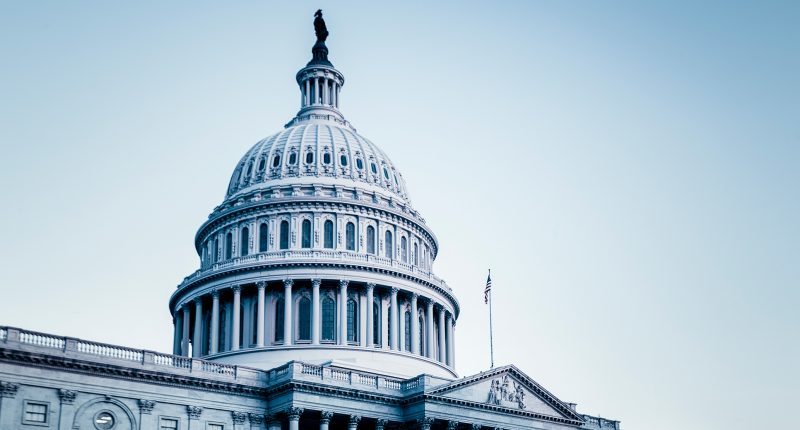Savvy taxpayers are qualifying for tax relief today to avoid IRS collections tomorrow.
Taxpayers in tax debt are in for a rude awakening from the IRS in the coming months.
The federal government confirmed a recent $1.2 BILLION budget increase will specifically target delinquent taxpayers with unpaid tax balances unless they are enrolled in a tax relief program.
What does this mean for the average taxpayer with an unpaid tax liability? Get ready for wage garnishments, tax liens, and bank levies. The IRS now can afford to actually follow through with its threats.
Can’t afford your tax debt? Qualify for IRS tax relief programs here.
For years, taxpayers have reported that their unpaid tax bills have largely gone unnoticed by the IRS. However, with the federal government investing over a billion dollars to ramp up collection activities next year, taxpayers are now left to wonder, “will I be the next target of IRS collections?”
There are steps you can take to reduce your risk of being targeted by the IRS for unpaid or delinquent taxes. If you owe tax debt, here are four things you need to know to protect yourself from the IRS.
File your 2020 taxes on time. Even if you can’t pay what you owe, do not ignore the problem. Make sure you file your tax return on time or, if that’s not possible, file for an extension. Having unfiled tax returns puts a target on your back and the IRS will make sure you are first in line for their collections efforts.
Get in front of the IRS. It can take months to gather all the documentation required to resolve a tax liability. If you wait until the IRS contacts you, you put yourself in a more vulnerable position. Before the IRS contacts you regarding your balance, take action to resolve your debt. If you’re not sure where to start, seek professional help for assistance. An experienced tax attorney or enrolled agent knows exactly how to present your case and how best to negotiate with an IRS examiner.
Visit this link to get referred to the Nation’s best tax professionals.
Know your rights. With the IRS finally having the resources to pursue delinquent taxpayers, they will be more likely to enforce collections through the use of tax liens, wage garnishments, and bank levies. Remember: it is not illegal to owe the IRS. If you are a taxpayer facing financial hardship, you are within your legal rights to receive relief through a variety of tax relief programs. The IRS will use a number of scare tactics to try to pressure you into overpaying in a high-balance monthly payment plan. Do not fall for this. To best protect yourself, seek assistance with negotiating your tax balance from an experienced tax attorney or enrolled agent.
Get a professional opinion. If you go to court, you need to hire a lawyer. If you go up against the IRS, you need to hire a tax attorney. Professional assistance can often mean the difference between being able to enroll into a tax relief program and being rejected.
Want a free tax consultation with one of the nation’s largest tax relief firms? Take a short survey to see if you qualify.
If you have owe the IRS, don’t wait another day to resolve it. Take action today and stop IRS collections before they begin.
You’ll thank yourself later.
